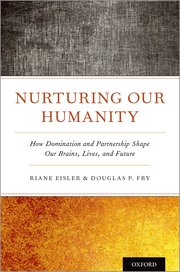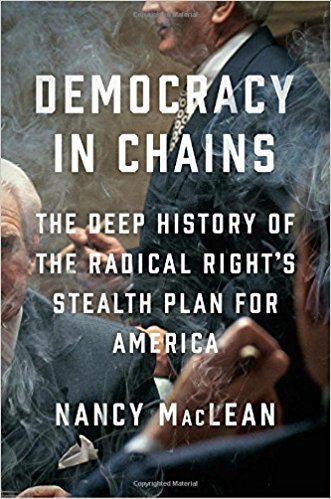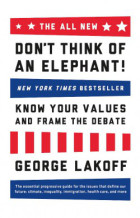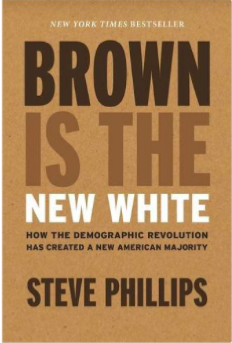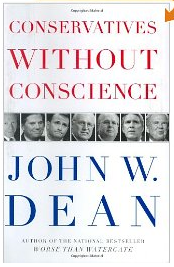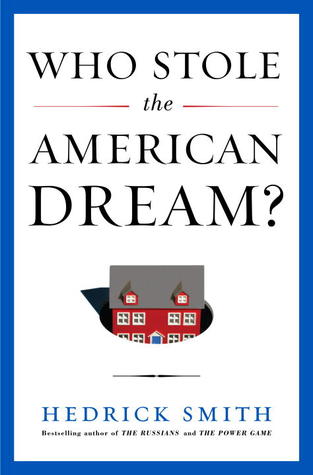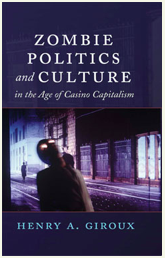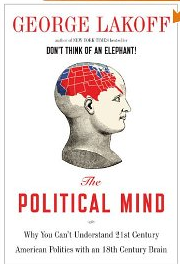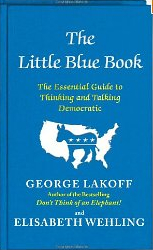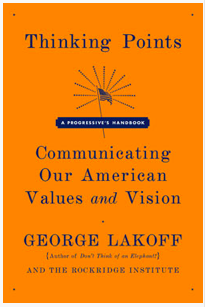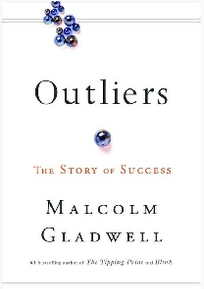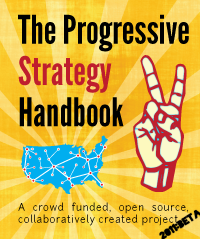In 1994, the Republicans and double high authoritarian Newt Gingrich, took control of the U.S. Congress. In 2007, the Democrats took back control. What has changed besides voter preferences for government leaders? Presented here and in 8 other postings are the answers to how we have changed during this time. The findings from Pew Research include latest update in their Trends in Political Values and Core Attitudes: 1987-2007 survey and include previous updates to this survey since it was first done in 1987. This is the first in a 9 part series and provides an overview of the trends presented in this report.
Additional postings will provide more detail in the following areas:
- Survey Results, Section 1 – PARTY AFFILIATION AND VIEWS OF THE PARTIES
- Survey Results, Section 2 – SUCCESS, POVERTY AND GOVERNMENT RESPONSIBILITY
- Survey Results, Section 3 – FOREIGN POLICY, GLOBAL ENGAGEMENT AND PATRIOTISM
- Survey Results, Section 4 – RELIGION AND SOCIAL ISSUES
- Survey Results, Section 5 – SOCIAL AND POLITICAL ATTITUDES ABOUT RACE
- Survey Results, Section 6 – GOVERNMENT, TRUST AND POLITICAL PARTICIPATION
- Survey Results, Section 7 – BUSINESS, LABOR AND CORPORATE FAVORABILITY
- Survey Results, Section 8 – OTHER ISSUES: CIVIL LIBERTIES, ENVIRONMENT & SCIENCE
- Another Summary of the Survey – “Masses” for the Single-party State
This introduction shows that the political situation has become more favorable to Democrats since 1994. However, this trend is probably due more to what the Republicans are doing wrong than what the Democrats are doing right. On the other hand, it’s harder to do either when your not in power.
| Issue/ Question |
1994 | 2007 |
|---|---|---|
| Gov’t should care for those who can’t care for themselves |
57% | 69% |
| Gov’t should help the needy even if it means greater debt |
41% | 54% |
| Issue/ Question |
1994 | 2007 |
|---|---|---|
| Old fashioned values about family & marriage |
84% | 76% |
| School boards should have the right to fire homosexual teachers |
39% | 28% |
| Issue/ Question |
1994 | 2007 |
|---|---|---|
| Prayer is an important part of my daily life – Completely agree |
52% | 45% |
| I never doubt the existence of God – Completely agree |
72% | 61% |
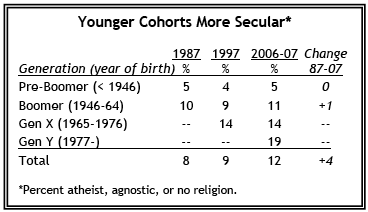
| Party | 1994 | 2007 |
|---|---|---|
| Republican | 44% | 35% |
| Democrat | 44% | 50% |
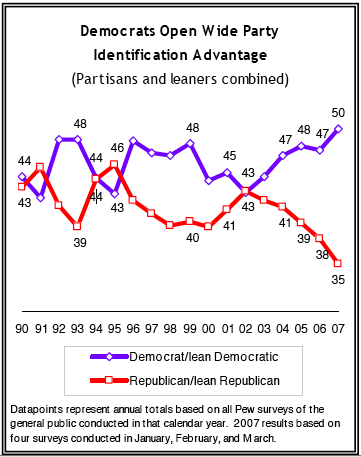
| Issue/ Question |
1994 | 2002 | 2007 |
|---|---|---|---|
| Agree | 52% | 62% | 49% |
| Disagree | 44% | 34% | 47% |
Here are some of the other key findings from this recent extensive survey:
- The public expresses highly favorable views of many leading corporations. Johnson & Johnson and Google have the most positive images of 23 corporations tested. At the bottom of the list: Halliburton, which is viewed favorably by fewer than half of those familiar enough with the company to give it a rating.
- Views of many corporations vary significantly among Democrats along class lines. Two-thirds of working-class Democrats have a favorable view of Wal-Mart compared with 45% of professional-class Democrats.
- Americans are worried more that businesses rather than government are snooping into their lives. About three-in-four (74%) say they are concerned that business corporations are collecting too much personal information while 58% express the same concern about the government.
- The public is losing confidence in itself. A dwindling majority (57%) say they have a good deal of confidence in the wisdom of the American people when it comes to making political decisions. Similarly, the proportion who agrees that Americans “can always find a way to solve our problems” has dropped 16 points in the past five years.
- Americans feel increasingly estranged from their government. Barely a third (34%) agree with the statement, “most elected officials care what people like me think,” nearly matching the 20-year low of 33% recorded in 1994 and a 10-point drop since 2002.
- Young people continue to hold a more favorable view of government than do other Americans. At the same time, young adults express the least interest in voting and other forms of political participation.
- Interpersonal racial attitudes continue to moderate. More than eight-in-ten (83%) agree that “it’s all right for blacks and whites to date,” up six percentage points since 2003 and 13 points from a Pew survey conducted 10 years ago.
- Republicans are increasingly divided over the cultural impact of immigrants. Nearly seven-in-ten (68%) conservative Republicans say immigrants threaten American customs, compared with 43% of GOP moderates and liberals. Democrats have long been divided along ideological lines, but the GOP previously had not been.
For even more details, you can checkout their 112 page report.






